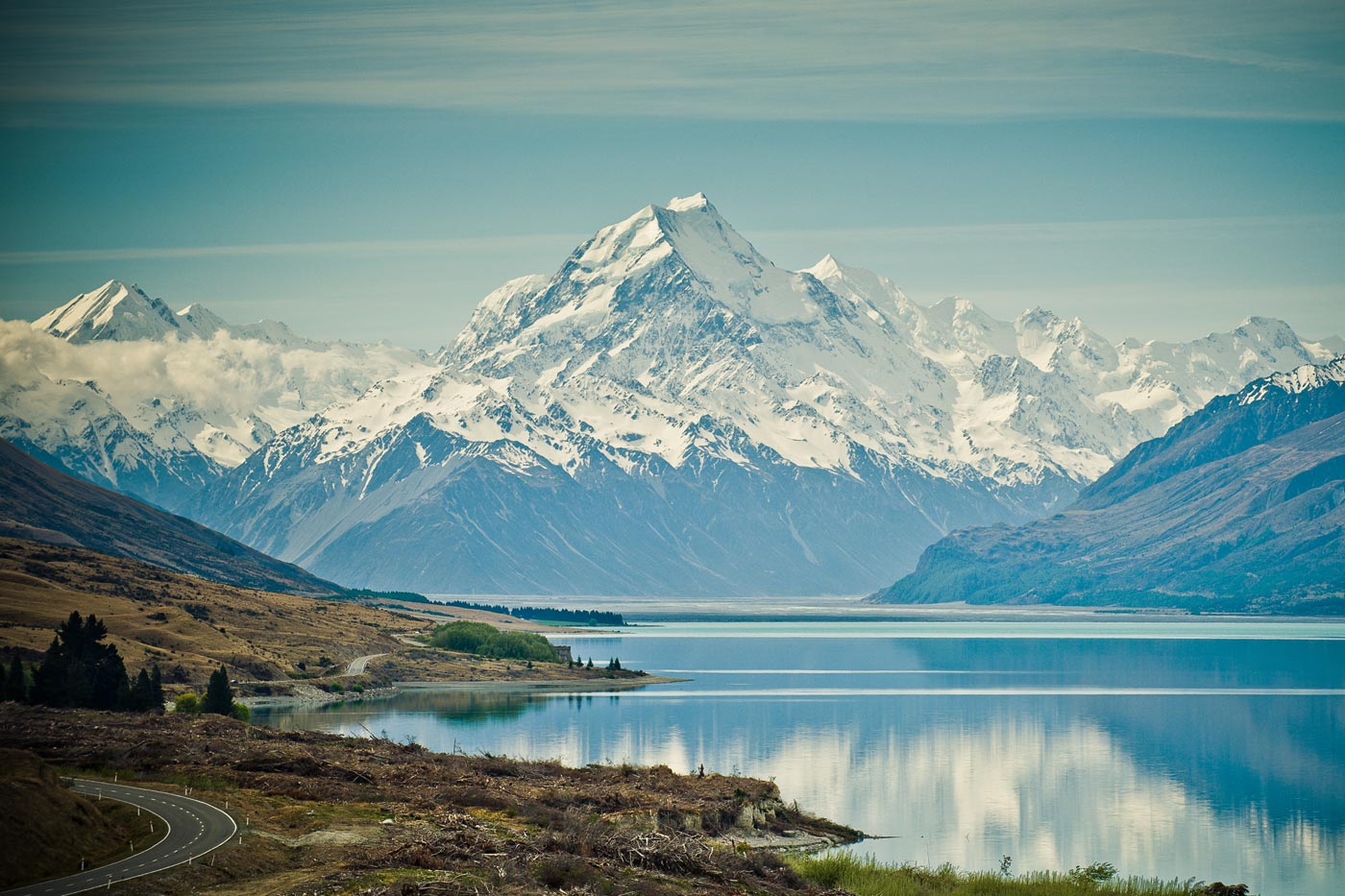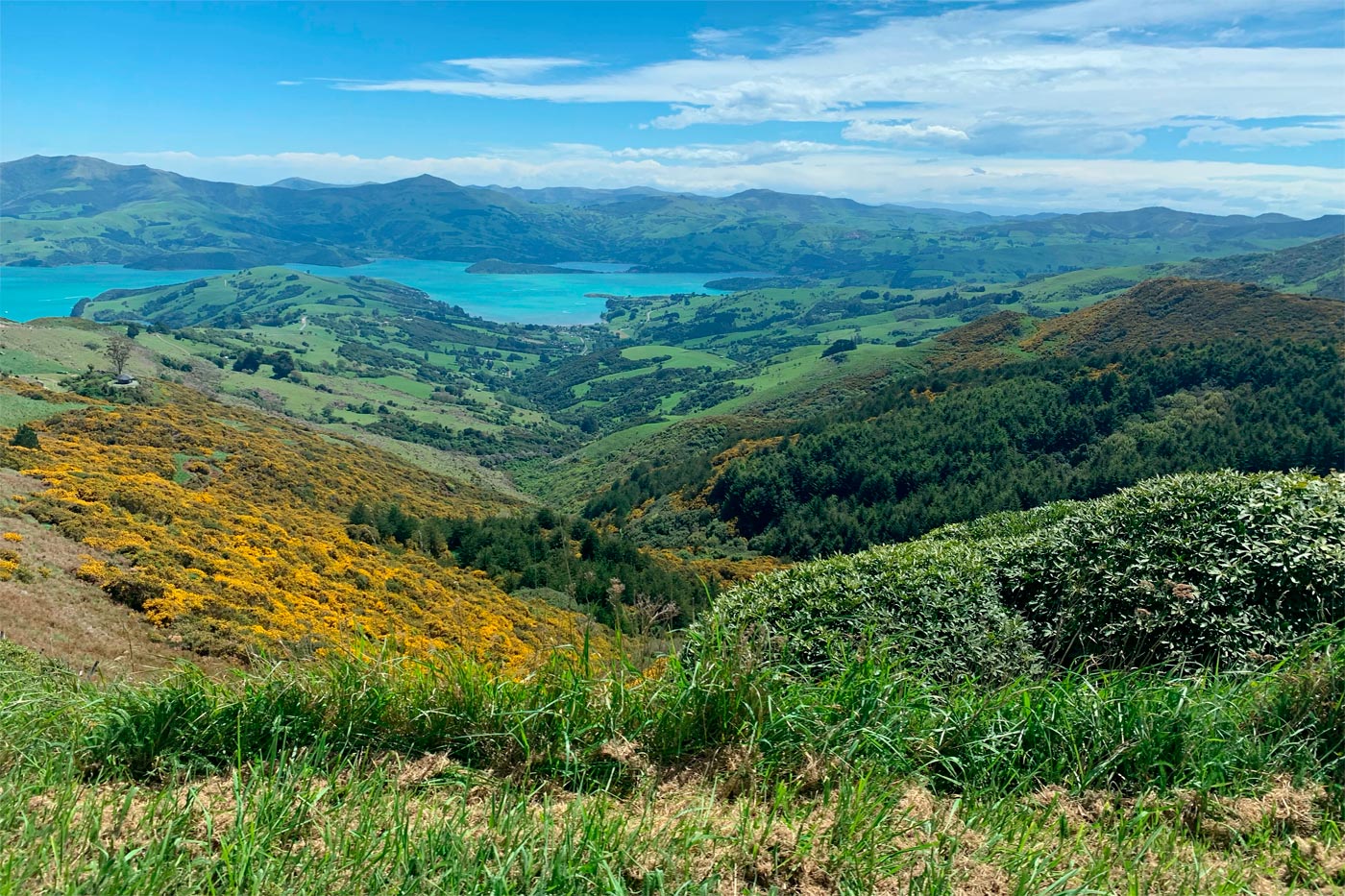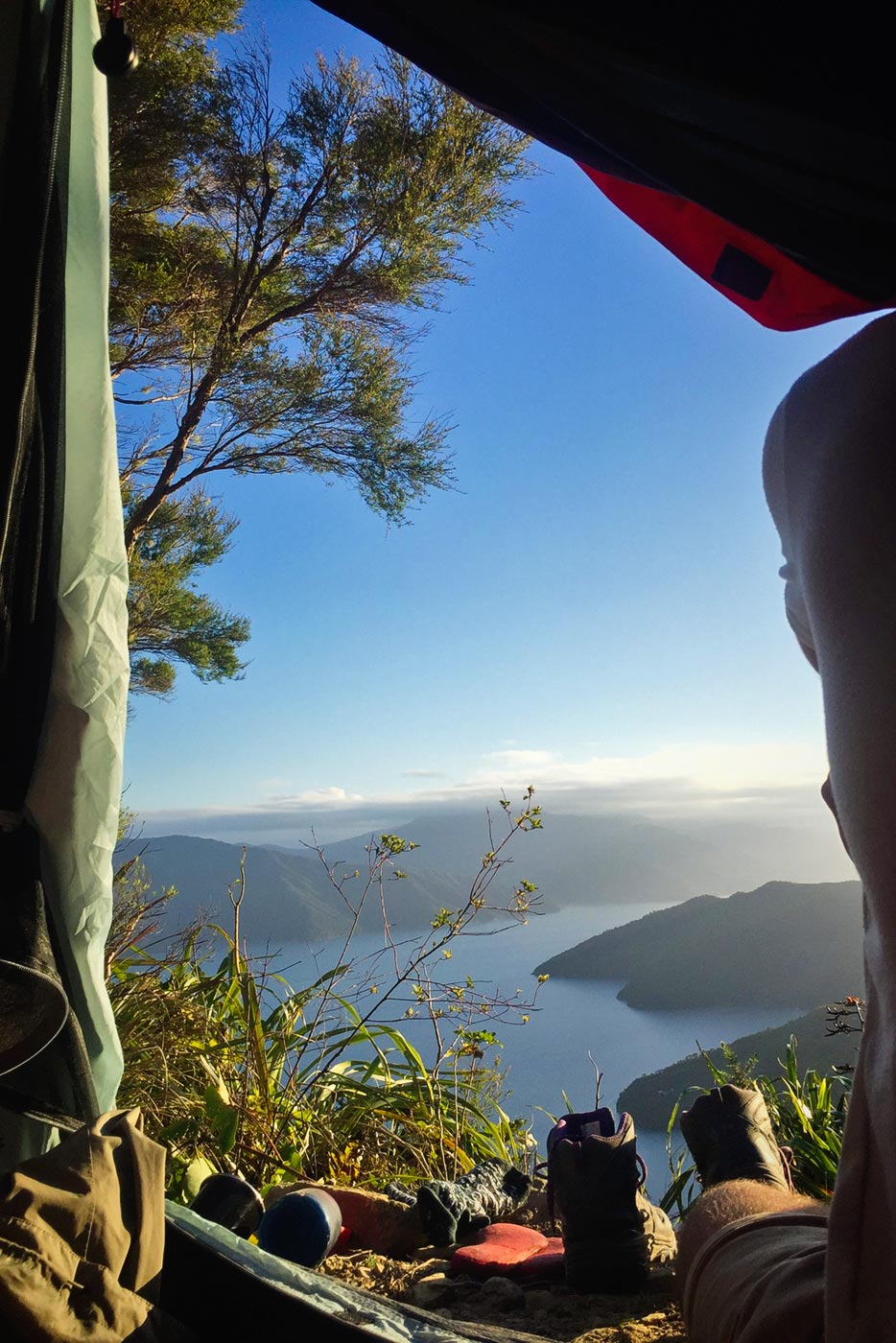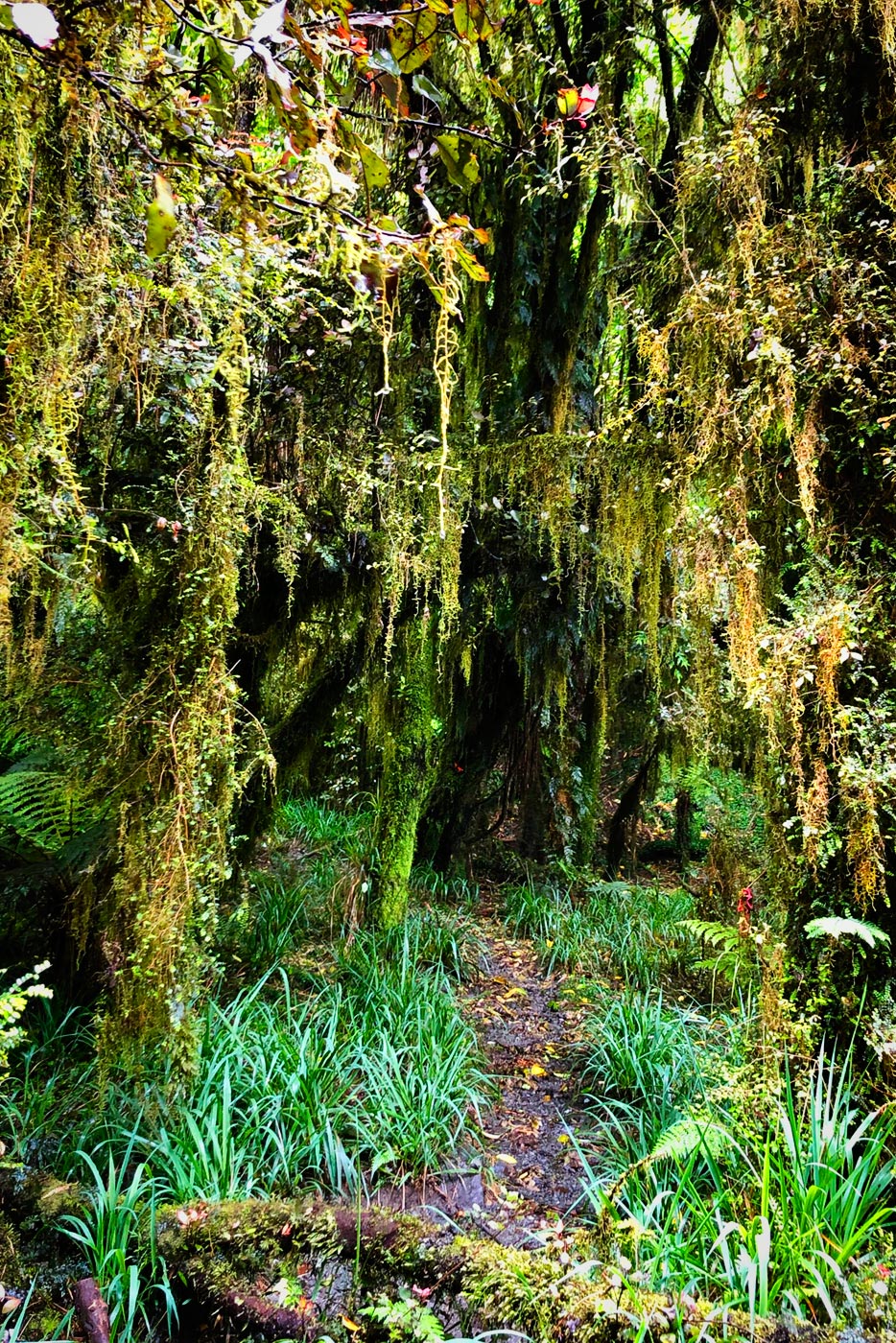The best time to visit New Zealand largely depends on the activities you have planned. In the land of the Kiwis, you can do it all: skiing, swimming on golden beaches, visiting mountains and glaciers, getting lost in magical forests, canoeing adventures… However, some activities can only be done in winter, while others are exclusive to summer.
Keep in mind that New Zealand is in the Southern Hemisphere and experiences four distinct seasons. Therefore, in this article, we’ll focus on the unique characteristics of each season, highlighting the pros and cons as objectively as possible. Ultimately, it’s up to you to decide when to visit New Zealand and what you’ll do in this beautiful country. 😉
Visiting New Zealand during winter offers some incredible scenery with snow-capped peaks, frozen lakes and glaciers in all their glory. Did I mention that New Zealand is packed with ski slopes?
Without a doubt, this is the best time to visit New Zealand if you want snow activities. In fact, Queenstown will be a paradise for ski lovers with its… four slopes!

However, the nights will be cold and, although the days will be fairly clear, the low temperatures will prevent water activities. In addition, some hiking trails may be closed due to snowfall.
Similarly, travelling around New Zealand by campervan (or car) can be quite tricky as it will require chains, especially on the South Island.
Spring is a great time to visit New Zealand, and the North Island in particular. And it’s no wonder, you feel the life in this season, the rivers are bursting with water, the forests are bright and green, and the mountains are still covered in winter snow.
It will also not be too cold or stiflingly hot, so you can enjoy hiking and swimming in lakes (occasionally), and the nights will be cool.

It will rain, of course, so it is worth checking the weather conditions. It is important to understand that the closer it is to this time, the worse it will be to visit New Zealand, due to the greater possibility of rain and storms. In addition, some places on the South Island may remain inaccessible or under flooding due to the melting of the snow on the peaks.
Finally, this season coincides with a lower tourist influx, so it is always appreciated to have space in hotels, attractions and even campsites. I’ll tell you more: if you book in early spring, you can get excellent offers.
Summer is generally considered the best time to visit New Zealand. Most international and domestic tourists decide to venture out to explore the country. This means having to book well in advance, a higher cost in general for flights, campervans, hotels etc. and greater crowding in the main cities and tourist attractions. All under the aggravating factor of coinciding with school holidays.
But this season is also very attractive due to the good weather conditions. Sunshine almost every day (even in Milford Sound!), little rainfall, and ideal temperatures for swimming at the beach or practicing water sports. In addition, the nights are not cold, so camping is highly recommended.
However, be aware that there is a chance of summer storms that can close passes or even towns.

Finally, the best way to make the most of this time of year is to visit New Zealand at the beginning or end of summer, as it is far from the school holidays and the weather will not be as hot.
If you’re planning to visit New Zealand during the autumn, it can be a very good idea to do so at the beginning, and a very bad one to wait until the end. Temperatures will gradually drop and rainfall will increase. Likewise, it will start to snow on the South Island and some passes may be closed.
However, New Zealand during this season is not so bad to visit.
For example, Fiordland is recommended to visit during autumn, and Arrowtown is a wonder with its multicoloured trees creating postcard-worthy scenes. Yes, the rain may not allow you to enjoy it to the fullest, but it is also true that sometimes with rain, landscapes become magical.

The best thing about this time of year to visit New Zealand is that it can lead to huge savings, as prices are usually much lower. For example, renting a campervan can cost you up to half of what it would cost in summer. Also, there will be a lot less people travelling, so some places will be half empty and perfect to visit.
As I was saying, in the end choosing which season to travel to New Zealand will depend on your motivations. For example, if you want to enjoy the sun and the beach, summer will be your choice. Autumn and spring are ideal for getting away from the crowds and saving with good deals. Finally, winter is the perfect season to go skiing and enjoy the snowy peaks. Whatever season you choose, I am convinced that you will love New Zealand :)).